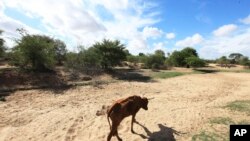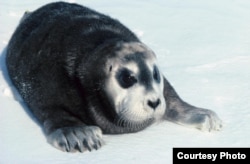Australian researchers say climate change is now affecting almost every living thing on Planet Earth.
The new study from the ARC Centre for Excellence of Coral Reef Studies (CoE) is published in Today's Science magazine and looked at the "key ecological process" that support healthy ecosystems on land and sea.
Climate change is changing everything
What the researchers found was that 82 percent of these key processes, ranging from genes to entire ecosystems, are being impacted by global warming.
"The study shows that genes, organisms, populations, species and processes are being impacted across all of Earth's major ecosystems," says Dr. Tom Bridge from the Coral CoE.
What that means is that all across the world, species are adapting and evolving to find ways to thrive in a warming climate.
The changes are varied, according to Professor John Pandolfi from the University of Queensland. "These responses include changes in tolerances to high temperatures," for instance. He also says the team is seeing "shifts in sex-ratios, reduced body size and migration of species."
Is this good or bad?
It's unclear what effects these changes and adaptations are having on the species' overall health. On the one hand, the fact that species are adapting could mitigate the potentially disastrous effects of climate change.
But at the same time, the researchers are also concerned because these changes are happening so quickly.
"Some people didn't expect this level of change for decades," says senior author Associate Professor James Watson, from the University of Queensland. "The impacts of climate change are being felt everywhere, with no ecosystem on Earth being spared. It is no longer sensible to consider climate change as a concern only for the future."
And that could be bad, says Bridge. "These multi-level biological impacts of climate change will affect humans. Increasing disease outbreaks, inconsistent crop yields and reduced fisheries productivity all threaten our food security."
The real concern among the researchers is that this much change, this fast, could outpace the ability to adapt.
"Emissions targets must be actively achieved," Watson stresses, "...and time is running out for a synchronized global response to climate change that safeguards biodiversity and ecosystem services."
The researchers warn that the speed of climate change could put a number of species, and even entire ecosystems, at risk.






